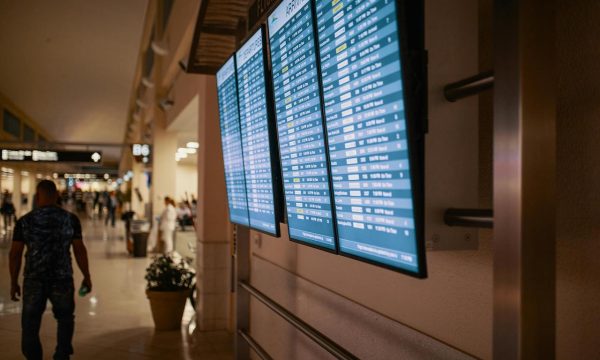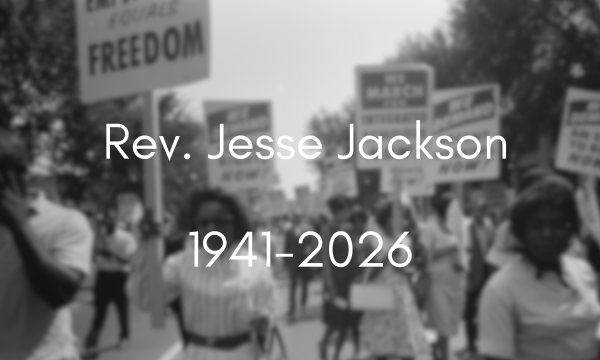 Sneaky, sneaky! It turns out that 13 million Americans have hidden a bank or credit card account from their live-in spouse, partner or significant other, according to a new CreditCards.com report. Can't blame them for wanting some financial privacy.
Sneaky, sneaky! It turns out that 13 million Americans have hidden a bank or credit card account from their live-in spouse, partner or significant other, according to a new CreditCards.com report. Can't blame them for wanting some financial privacy.
Those accounts aren't the only financial secrets Americans are hiding: 41% have spent over $100 without their spouse or partner's knowledge, including 19% who have spent more than $500. Men are almost twice as likely as women to have spent more than $500 without notifying their spouse or partner.
Most Americans can't be accused of hypocrisy when it comes to financial secrets, though. While 19% of Americans have secretly spent $500 or more, a larger percentage –24% — believe that their spouse or partner should be able to spend more than $500 without letting them know. Also, while 41% of Americans say they've spent more than $100 without telling, 47% said they'd be OK with their spouse or significant other spending more than $100 without being told about it.
Honesty and openness are still the best policies when it comes to managing money in a relationship, believes Matt Schulz, CreditCards.com's senior industry analyst.
"Avoiding secrets is key to a successful relationship," Schulz said. "It's important to be honest with your significant other about spending and finances. In the end, secret spending can lead to spiraling debt as well as a messy break up."
- Millennials and seniors are less likely to spend over $25 without their spouse or partner's knowledge than people between the ages of 30 and 64.
- Surprisingly, out of all the income groups, the middle class were the most approving about having their spouse or partner spend $500 or more without having to know about it.
- Northeasterners were the most likely to have spent more than $500 without their spouse or partner knowing about it.
Schulz advises all couples to create an accurate household budget to better track all spending—that can help keep down debt and create a lower-stress environment for your relationship.
The survey was conducted by Princeton Survey Research Associates International (PSRAI) and can be seen in its entirety here:














